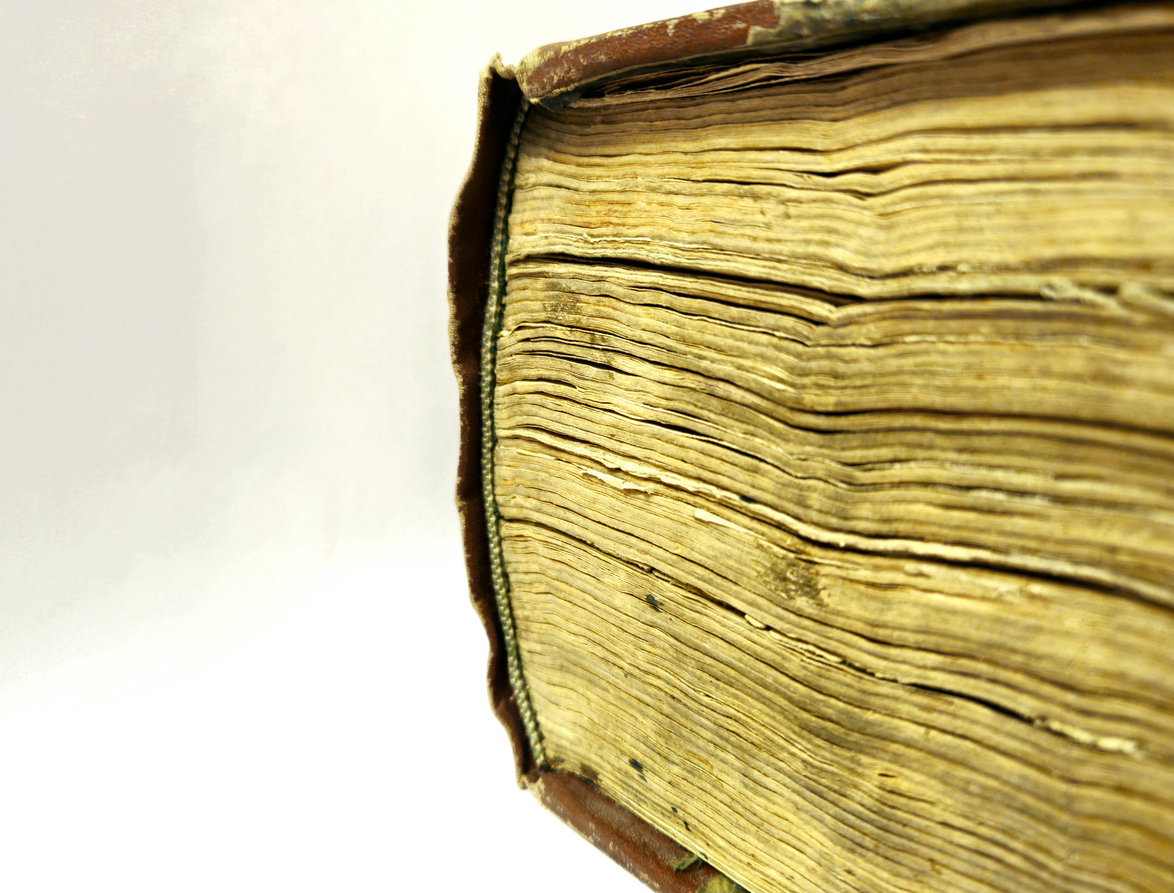David Kim noted an Illinois case1 when commenting to a recent post, Are Texas Bad Faith Cases Now More Difficult to Prove? The case discusses what a bona fide dispute is between an insurer and policyholder. It also noted that insurance companies must evaluate damages and timely provide the policyholder an estimate of damage as a matter of “common sense” and good faith:
At the bench trial on the section 155 claims, Jim Radecki, a claims-adjusting expert for plaintiff, testified that defendant did not properly process the claims. He opined that Erickson’s job was to prepare a damage estimate for the building and personal property, but that he failed to do so. Without a complete estimate, defendant could not calculate its liability, which resulted in breach of the contracts. In other words, the policy placed the burden of determining liability on defendant, but defendant improperly tried to shift the burden to plaintiff. Defendant did not present any expert testimony to rebut Radecki’s characterization of the policy. Instead, defendant simply argued that the proof-of-loss statement prepared by plaintiff was excessive, and therefore a bona fide dispute precluded sanctions under section 155.
…
Defendant insists that section 155 sanctions are inappropriate because there was a bona fide dispute over the scope of coverage and the reasonable cost of rebuilding. The trial court disagreed. The long duration of the negotiations, and defendant’s stalling tactics that plagued them, support the court’s conclusion that the delay was unreasonable and vexatious. If insurance claims were commonly handled as defendant did this one, an insured would be compelled to repair the damage without knowing the extent to which the insurer would cover the cost. Plaintiff’s expert’s opinion comports with common sense that an insurer owes a duty of good faith and fair dealing to provide an estimate so the insured can proceed knowing the scope of coverage.
Merlin Law Group attorney Christina Phillips from our Chicago office wrote a much deeper analysis of this matter in Insurance Company’s Long Duration of Negotiations and Stalling Tactics Supports Plaintiff’s Claim for “Bad Faith.”
While it is generally expected that insurance companies will operate with common sense and good faith, making and providing damage estimates to policyholders should be part of their standard procedures. However, I am handling a current case in Colorado where this standard is not being met. The insurance company involved is resisting making or providing such an estimate. It appears that a reminder is in order for the claims department regarding the essence of good faith and what a reasonable investigation and adjustment entails.
Thought For The Day
Common sense ain’t common.
—Will Rogers





